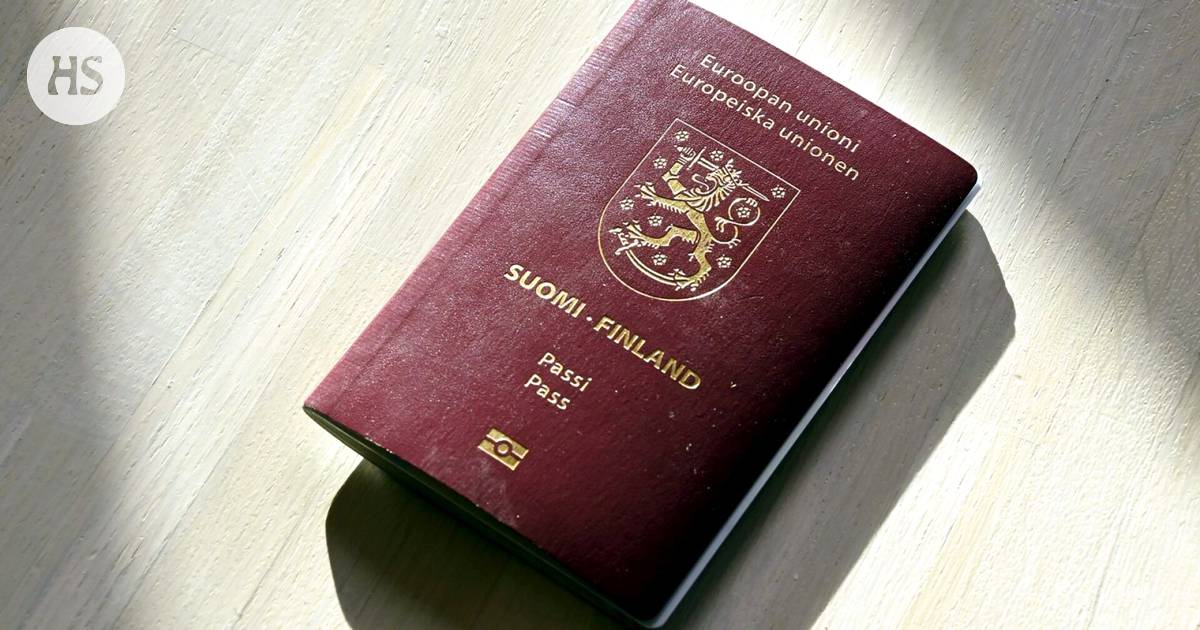Millionaire Mikko Laakkonen received a fine of 58,310 euros after forgetting his passport while sailing to Estonia. Criminal justice professors comment on the fairness of fines.
Finn capital investor Mikko Laakkonen traveled without a passport by boat to Estonia and back in August 2015. The Supreme Court ruled that Laakkonen was guilty of a minor state border crime.
A five-day fine was imposed for the crime. Laakkonen’s income is 58,310 euros to be paid.
In the daily fine system, the reprehensibility of the act is measured in the number of daily fines. The amount of money paid for the daily fine is calculated based on income.
But is it right that Laakkonen should pay such a large sum for the crime in question just because he is rich?
Criminal law professor Sakari Melander is of the opinion that the Finnish daily fine system itself has good grounds. The situations in which it is applied is a separate matter.
“If someone hasn’t remembered to take their passport with them, but their driver’s license is with them, should they really be punished?” Melander asks.
According to Melander, a fixed fine or an administrative fine would be a better punishment for the mildest crimes. He uses the example of a parking fine, which is not a criminal penalty but an administrative fine.
The daily fine system was already introduced in the 1920s. The daily fine system is used, for example, for traffic violations.
“We want to achieve equality with it. If there were always fixed fines, the system would treat people unequally,” says Melander.
To put it simply: if the fine were the same for everyone, the rich could in principle break the law without worry, because the amount would be worthless to him anyway.
Expensive the boat trip took place in August 2015. On Thursday, the Supreme Court ruled that the boatman was guilty of a state border crime.
The legal process, from the submission of the penalty claim to the Supreme Court verdict, took a total of about seven years and nine months. Of them, the high court proceedings alone took more than four and a half years.
The duration of the proceedings was partly influenced by the fact that the Supreme Court submitted a preliminary ruling request to the Court of Justice of the European Union on whether it is against Union law to punish a Union citizen for having traveled from one member state to another without a travel document.
In Melander’s opinion, the trial took far too long, and the act itself was quite minor.
“I think not imposing a penalty would have been justified.”
In the highest in court, the presenter of the case would not have sentenced Laakkonen to any punishment. The reason for this is precisely the fact that Laakkonen’s trial dragged on considerably for reasons beyond his control.
The Supreme Court dealt with the matter regarding the imposition of punishment in a strengthened composition and voted on it. Some of the assembly members would have sentenced Laaksonen to much lighter fines.
Initially, the border guard imposed a 15-day fine on Laakkonen. The Supreme Court finally ordered a five-day fine for the crime. The Supreme Court’s decision is a preliminary ruling: in the future, five daily fines will be imposed for similar crimes.
“The case shows that, for a relatively minor violation of the law, the domestic punishment practice was too harsh from the point of view of EU law,” commented the professor of criminal law Kimmo Nuotio.
“I would argue that this decision of the Supreme Court emphasizes a little bit that we may have some groups of cases with problematic practices.”
Nuotio is on the same lines as Melander that it should be considered to transfer such a minor crime to the misdemeanor penalty.
In Nuotio’s opinion, it is important to evaluate the functionality of the fine system. In Finland, a change has already taken place: For example, the smallest speeding violations are now punished with a traffic violation fee instead of a traffic fine.
“In the Finnish penal system, fines have proven to work. They have been used extensively, and the financial sanctions in the form of fines have helped that there has been no need to resort to, for example, conditional imprisonment, community service or other harsh punishments.”
Correction 25.5. 6:00 p.m.: The article mentioned earlier that in the future, five fines will be imposed for a similar crime. The point was meant to talk about daily fines, not traffic fines.
#Fines #millionaire #fined #euros #forgetting #passport #legal #experts #comment








